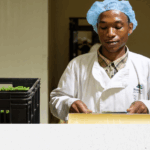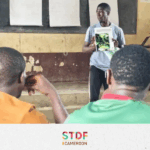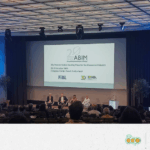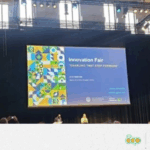- 09/09/2025
- Posted by: Sandra Borma
- Category: News
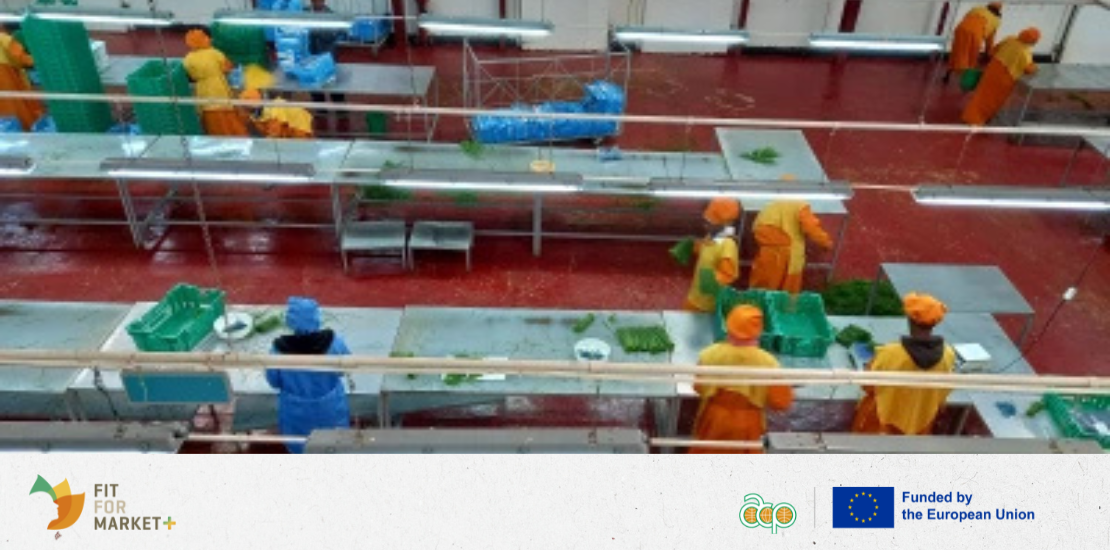
Founded in Menagesha in 2004, around 15 km west of Addis Ababa, Jordan River Herbs PLC Ethiopia has become a leading producer and exporter of fresh and processed chives. Located at a high altitude, the farm benefits from optimal growing conditions with minimal disease, virus and pest pressure.
Cultivating 13 hectares under controlled conditions, the company employs 595 people, most of whom are women, and holds key certifications including GLOBALG.A.P., BRCGS, SMETA, LEAF, Tesco and M&S. Its products are exported to Canada, the Netherlands, Germany, Belgium and the United Kingdom.
Jordan River Herbs has developed its own production system that ensures the consistent availability of high-quality chives throughout the year. Rigour and attention to detail ensure that consumers enjoy consistent quality year-round, demonstrating that sustainable agriculture can rhyme with reliability and innovation.
However, a major challenge remained: managing the large volumes of wastewater and green waste generated by farming and packing operations. To address this issue, Jordan River Herbs received technical support through the Fit for Market Plus (FFM+) programme, which is implemented by COLEAD. A very tangible outcome of the support resulted in the design and construction of a wetland system that filters the waste water from production and processing operations.
This support is part of efforts to strengthen the market compliance capacities of ACP horticultural MSMEs, particularly in response to the increased requirements that have emerged since the onset of the pandemic. It shows how improved environmental management can strengthen the international competitiveness of African horticultural businesses and pave the way for a more sustainable and inclusive agriculture.
This activity is supported by the Fit For Market Plus (FFM+) programme, implemented by COLEAD within the Framework of Development Cooperation between the Organisation of African, Caribbean and Pacific States (OACPS) and the European Union. This publication receives financial support from the European Union and the OACPS. The content of this publication is the sole responsibility of COLEAD and can in no way be taken to reflect the views of the European Union or the OACPS.

